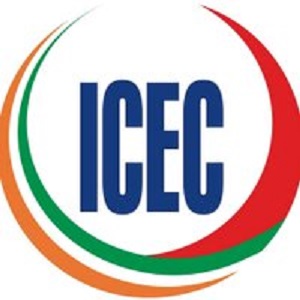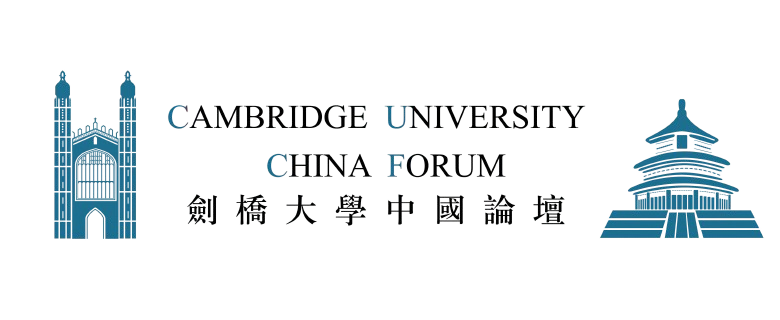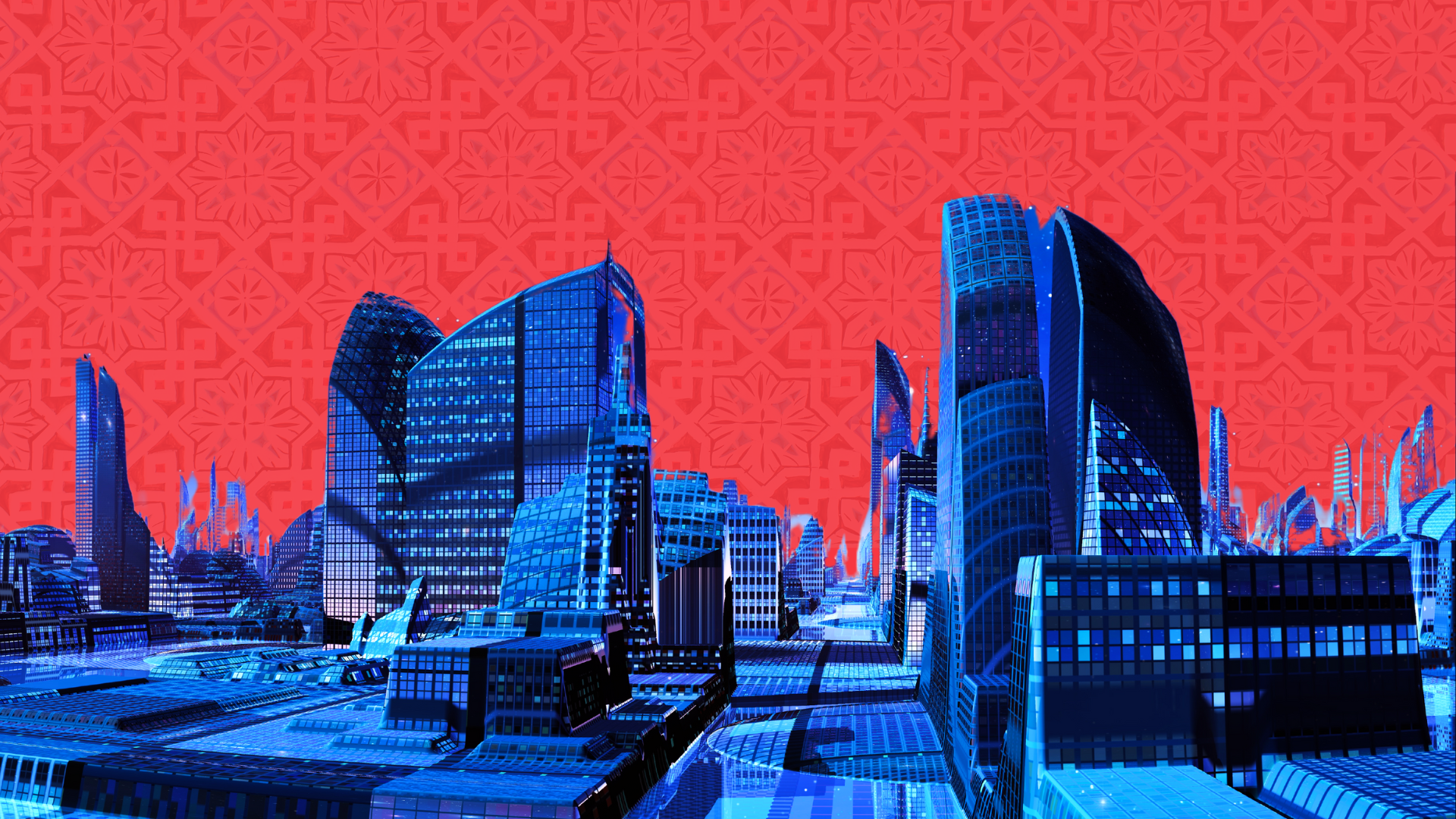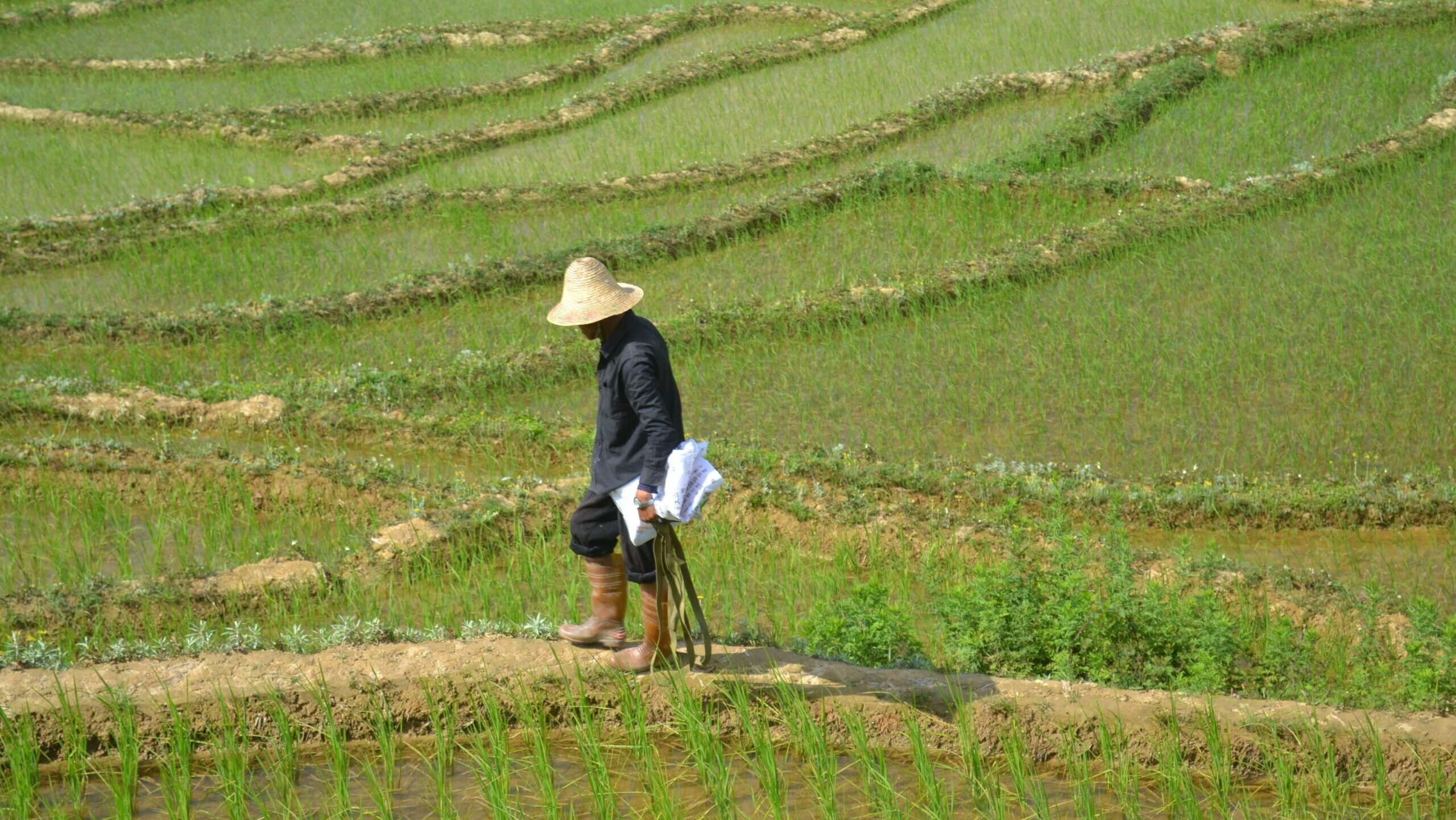Why tune in?
Foster mutual understanding

About the Conference Series
The global success of Black Myth: Wukong, a Chinese video game based on an iconic 16th-century Chinese classic novel, was met with near-universal approbation. Its widespread appeal stems in part from a masterful blend of traditional Chinese culture and mythology. However, this is far from Chinese culture’s first journey to the West (and to the wider world).
Tracing back to the ancient Silk Road, Chinese culture’s worldwide influence as part of a millennia-old tradition is often overlooked. Nonetheless, recent successes in international reception can in part be attributed to the introduction of “Culture” into the “Four Confidences” at the CCP’s 95th anniversary.
In the nine years since the government’s official endorsement of culture, China has steadily worked to assert its rightful place in the global culture market and international public consciousness, which it did not explore as it focused on its development needs over the last 30-40 years. This influence ranges from blockbuster films and artwork inspired by Chinese mythology, such as Nezha 2, to more contemporary mediums such as pop music, literature, and platforms like RedNote (小红书) that bridge cultural divides. Mass-market collectibles e.g. labubus, cuisine, fashion, and coffee culture with Chinese characteristics have also entered the mix. Culture has also permeated into tech with Chinese tech playing a role in the diffusion of Chinese culture. This diffusion has led to an uptick in experiential tourism that immerses people into China’s diverse culture.
While these developments represent growing internal recognition, pride, and external influence, they also open the doors for further examination and study to broaden people–to–people diplomacy whilst being aware of other critical implications. This conference will explore how China’s diverse cultural foundations and its resurgence is manifesting and perceived domestically and, more importantly, on the global stage. As China’s cultural exports gain momentum, it is worth remembering that the current renaissance is an organic evolution of the rich traditions of a 5,000-year-old civilisation, as much as a deliberate extension of globalisation and modern statecraft.
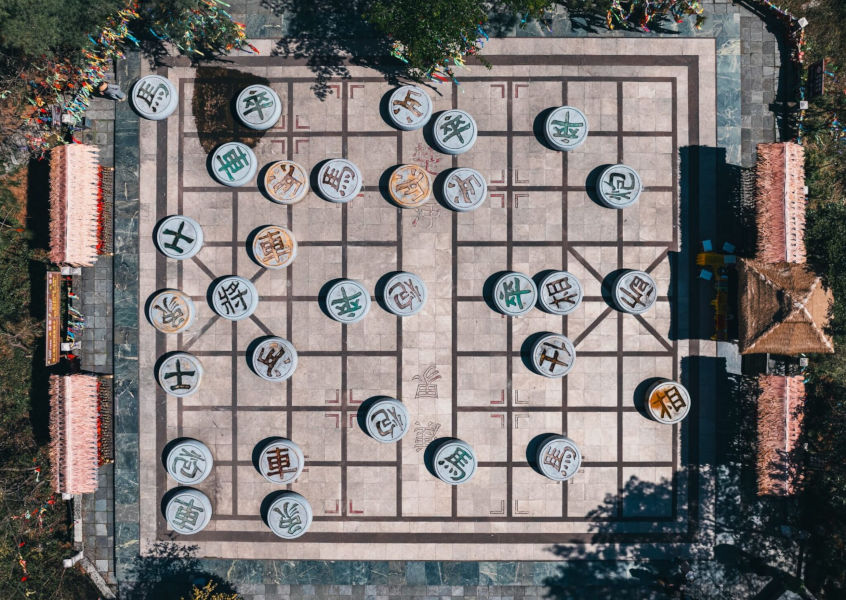
China in the World Series
Part 2
Geopolitics & Conflicts: Is China’s Balancing Act a Global Good?
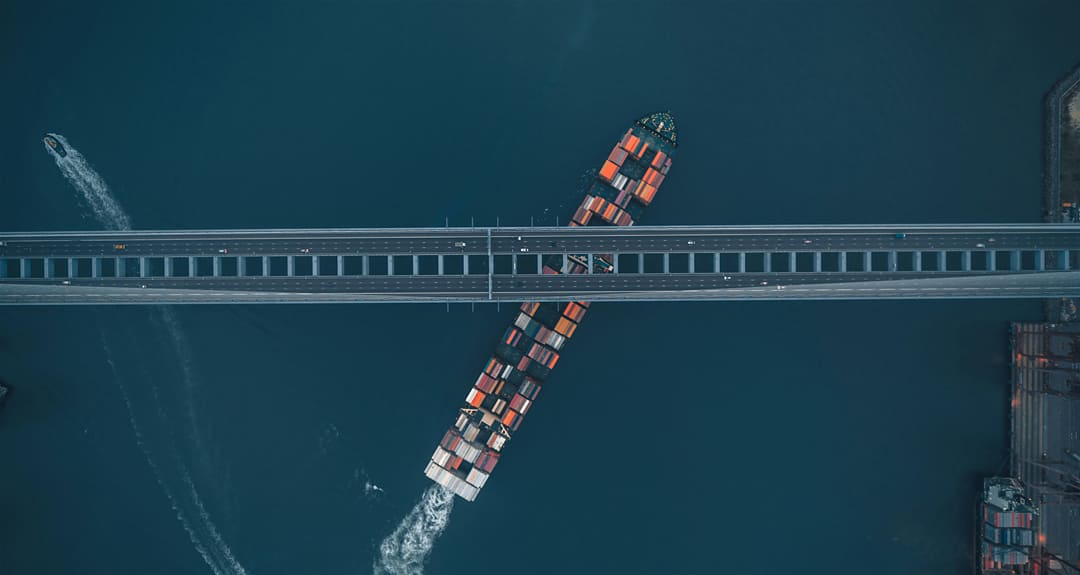
China in the World Series
Part 1
One Belt One Road: What’s Next in the New Multi-Polar World Order?
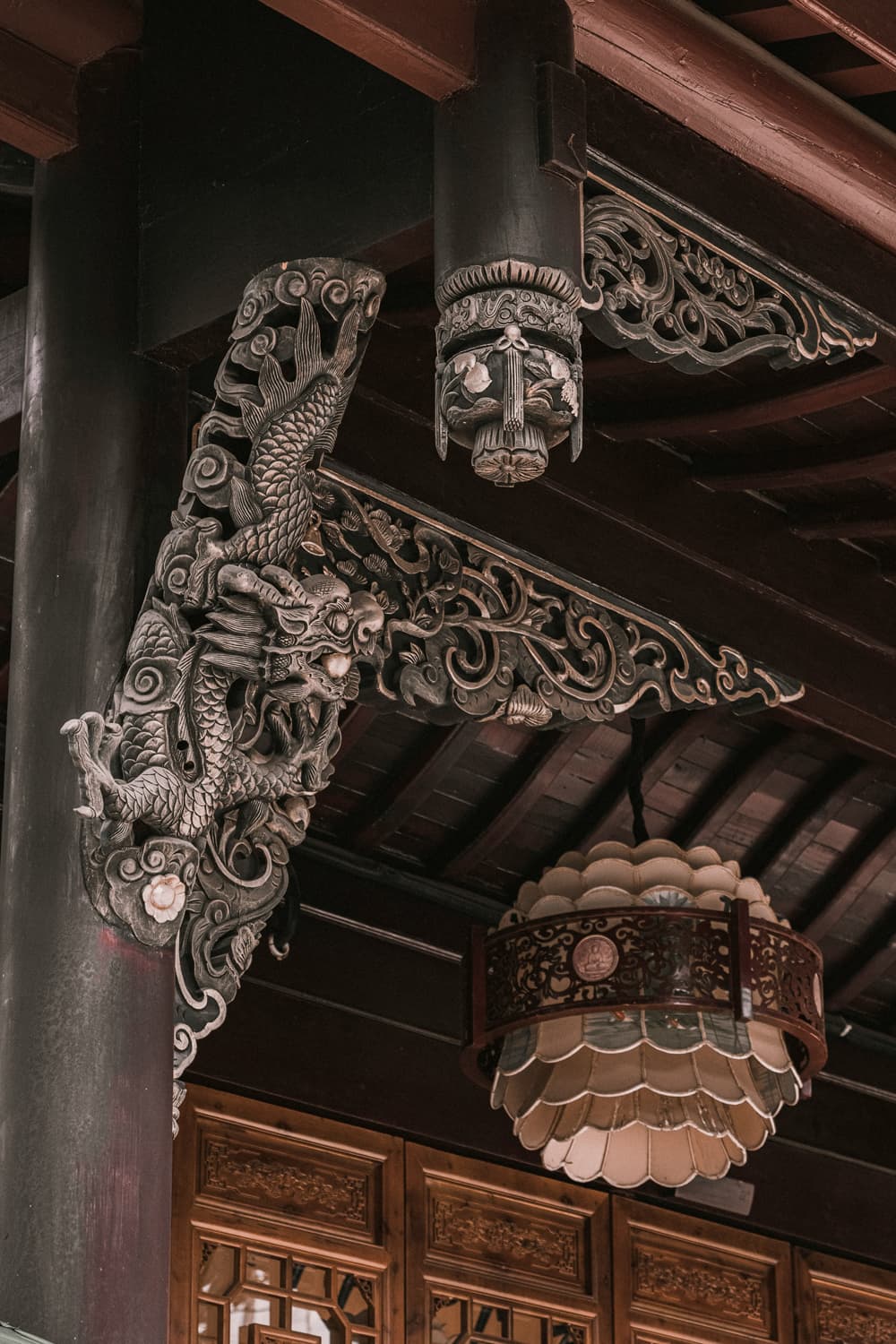
China in the World Series
Part 3
The Chinese Emphasis on Culture: Manifestation of Nationalism or a Return to Basics?
Speakers
A snapshot of our continually growing faculty, representing the best minds in business, economics, science, geopolitics, technology, policymaking, governance, and more.
Past Speakers
Conference Programme
Part 3: The Chinese Emphasis on Culture: Manifestation of Nationalism or a Return to Basics?
Time
Session
Time:
16:00 - 16:05
Session:
Time:
16:05 - 16:30
Time:
16:30 – 17:45
Session:
Panel 1
Echoes from Antiquity: Tracing China’s Historic Cultural Influence and Impact
Though often overlooked, China’s millennia-old influence on global culture is profound. Predating the modern state by thousands of years, Chinese civilisation shaped the world through inventions like paper, silk, postal service, gunpowder, and the consumption of tea. Understanding this impact requires grasping its historic foundations. China’s culture evolved through a confluence of philosophy, political change, and social tradition. Dynastic shifts and social upheavals, for instance, directly shaped the guiding principles of its arts. Core ethics, symbols, and martial arts spread effortlessly beyond its borders.
How was this cultural diffusion achieved and perceived before modern globalisation?
More importantly, how has this complex and old culture— shaped over 5,000 years of continuous civilisation— influenced global development and the world today? What are its impacts on the world today, both tangible and intangible?
Areas of discussion will include:
Creation through destruction:
What are the historical underpinnings of the nation’s culture and how did periods of large-scale social upheaval mould Chinese literature and philosophy?Cultural “wu wei” (无为) / “effortless action”:
How did Chinese philosophy, martial arts, and religion spread throughout the Old World with such ease? What elements allowed it to become China’s “soft power” then?Silk Road and the Nine Dynasties:
How has Chinese art production and consumption evolved within China? How has the diffusion of Chinese culture in different parts of the world evolved since the Silk Road?Chinese diaspora and the decentralised representation and production of new culture:
What role did the diaspora play in promoting Chinese culture abroad and how did it influence host populations? How does the interplay of nostalgia and differences in identity shape the creation of new aspects of Chinese culture?How is Chinese culture viewed in the new era of geopolitics:
Given Chinese culture’s long history and influence across the world, is talk about China’s “soft power” relevant?
Panellist:
Prof. Lok Sang Ho
President, Hong Kong Buddhist Psychology and Mental Health Association
Prof. Martin Powers
Professor Emeritus, History of Art at University of Michigan | Professor, School of Arts at Peking University
Dr. K.P. Shankaran
Columnist, The Indian Express | Former Professor of Philosophy, St. Stephen’s College, University of Delhi
Brian Wong
Founder and CEO, RADII Media | Managing Director, Aspen Institute China Fellowship Program
Time:
17:45 – 19:00
Session:
Panel 2
From ‘TikTok Refugees’ and the Hanfu Movement to Statecraft: The Forces that are Shaping Chinese Culture Now
At the start of the year, the influx of “TikTok refugees” to RedNote (小红书), a Chinese social media and e-commerce platform, inadvertently exposed the international community to Chinese culture at an intimate level; this accidental “people-to-people” exchange was eye-opening to many. Meanwhile, the resurgence of traditional clothing, manifested in the Hanfu Revival Movement, represents an organic, grassroots engagement with national identity and the diffusion of culture.
Indeed, as China emerges as an economic superpower, its cultural influence to date has had a mixed international reception, especially following the official inclusion of culture as one of the Four Confidences by the government in 2017.
Such developments invite discussions that explore the tension between organic cultural development and deliberate statecraft in shaping modern Chinese culture, as well as the uber globalisation via the intervention of Western culture.
Areas of discussion will include:
- Civilisational nature vs state nurture:
How much of modern-day Chinese culture is an organic byproduct of civilisation? How much is an extension of deliberate statecraft? - The Central government’s role in the preservation, innovation, and propagation of culture:
With 2025 marking the eighth year since the official endorsement of culture by the central government, how has the authority’s focus affected the creation and preservation of its arts and heritage? What can it do for the future of cultural creation and export on the international stage? - China’s soft power playbook:
How do cultural narratives shape and inform China’s geopolitical strategy today?
Panellist:
Sara Mao
Auctioneer | Founder, The Culture Atelier
Dr. Heather Inwood
Professor, Modern Chinese Literature and Culture | Fellow of Trinity Hall, University of Cambridge
Brian Wong
Founder and CEO, RADII Media | Managing Director, Aspen Institute China Fellowship Program
Prof. Chunmei Du
Head & Associate Professor, Department of History, Lingnan University
Time:
18:30 – 19:00
Session:
Register now to explore the forces behind China’s growing cultural influence
Gain insights into China’s growing cultural influence, from the blend of heritage, to modernity and the strategy shaping its global reach.
More insight and resources
Catch up on key insights from GIFT past conference series—Watch, Read, and Explore!



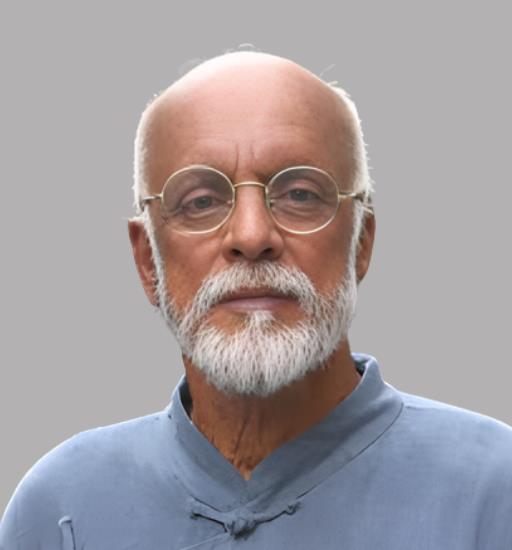
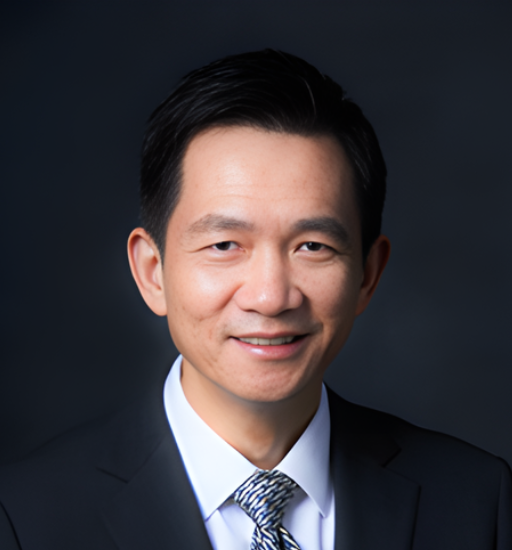


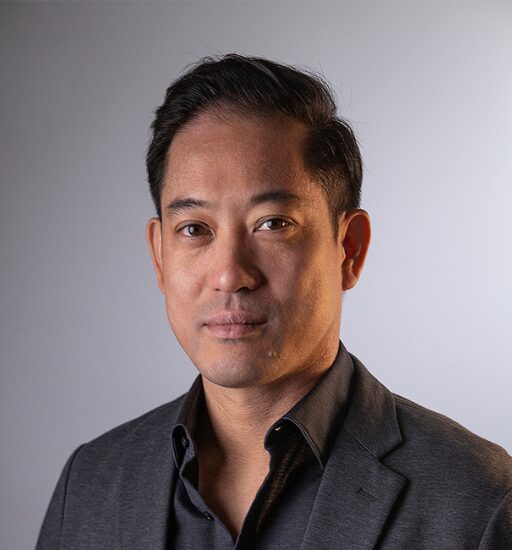
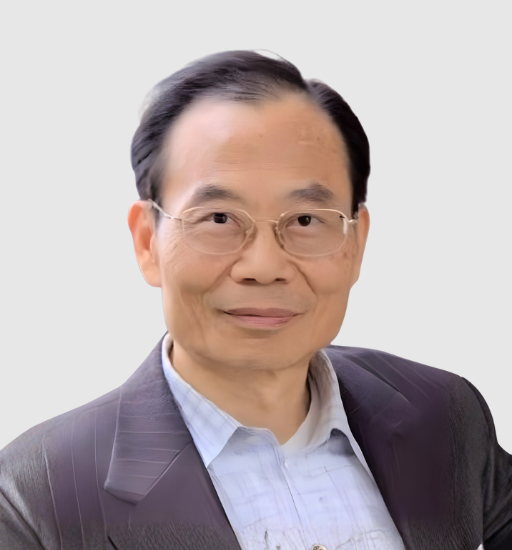

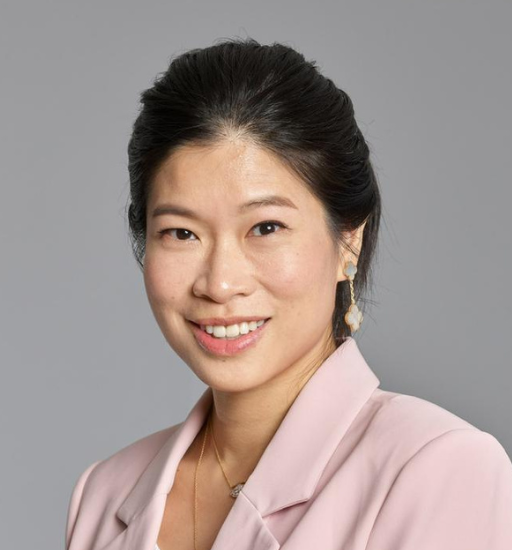
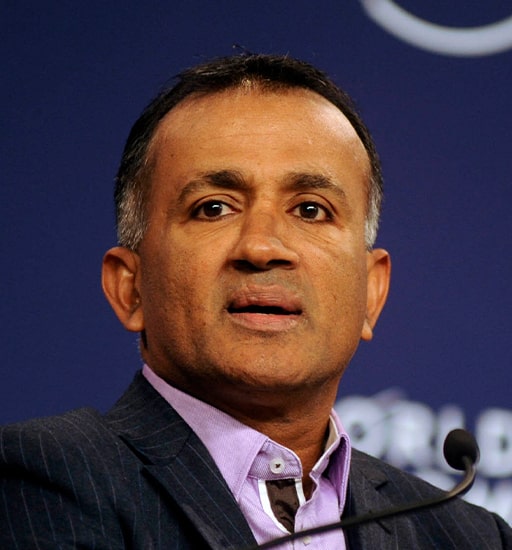
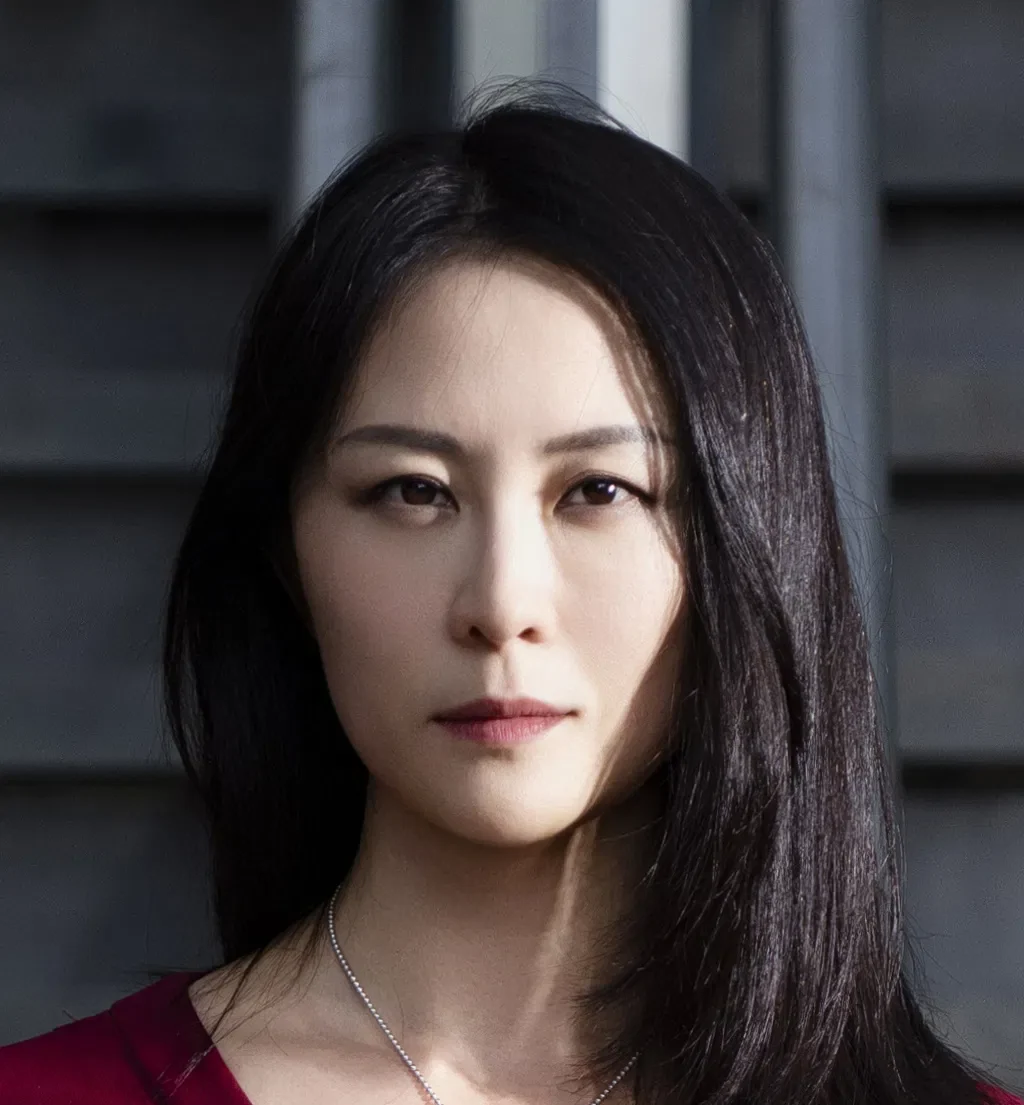
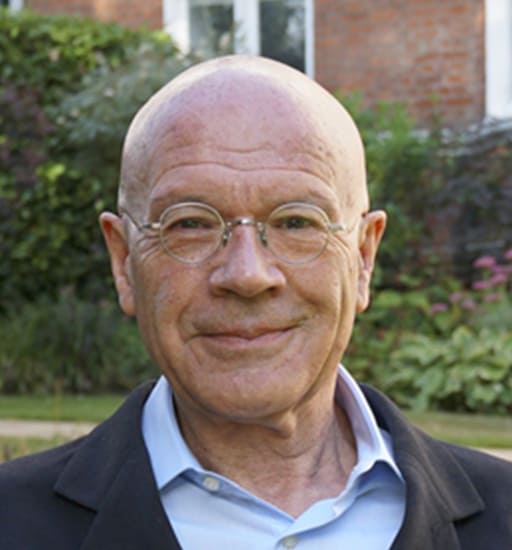
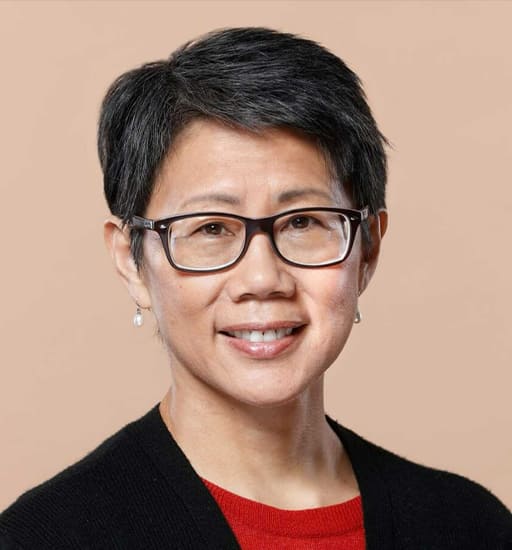
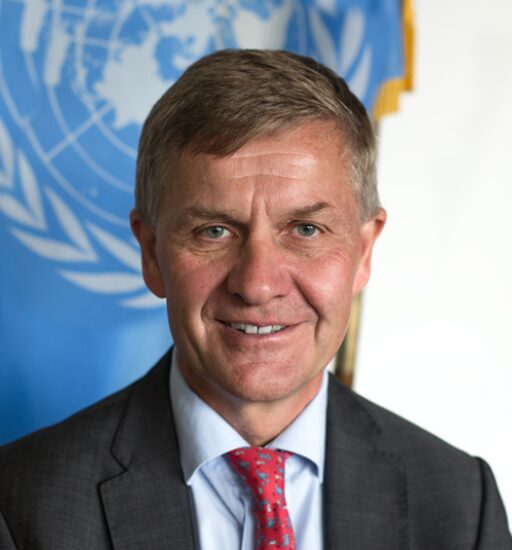
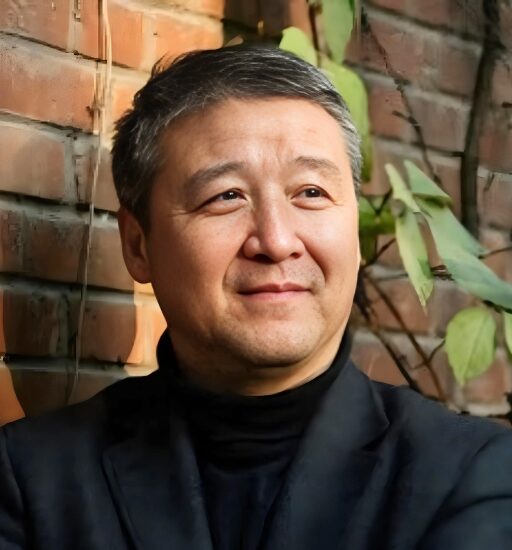

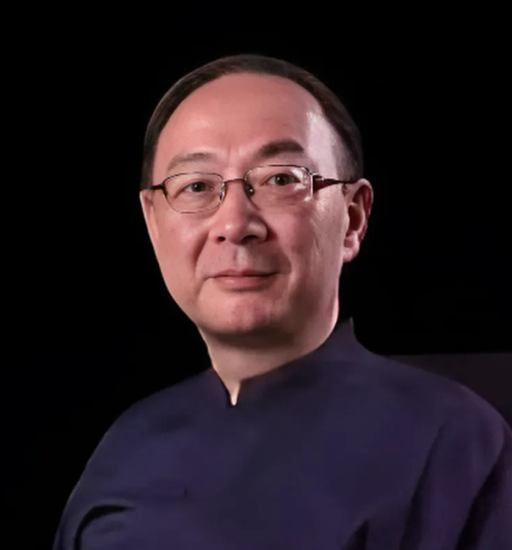

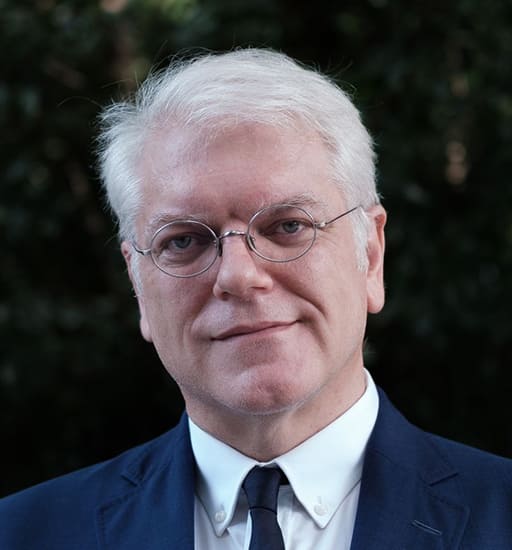




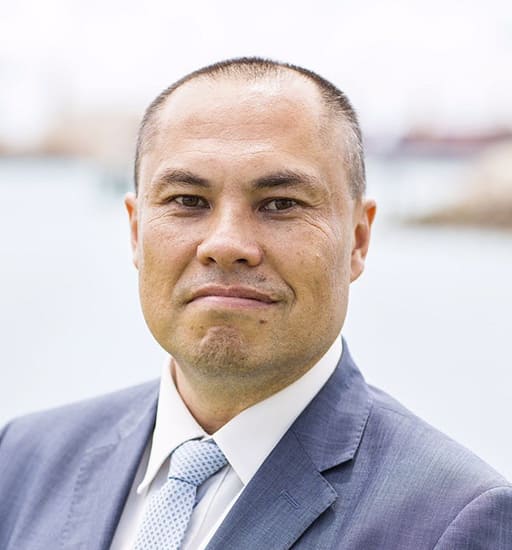
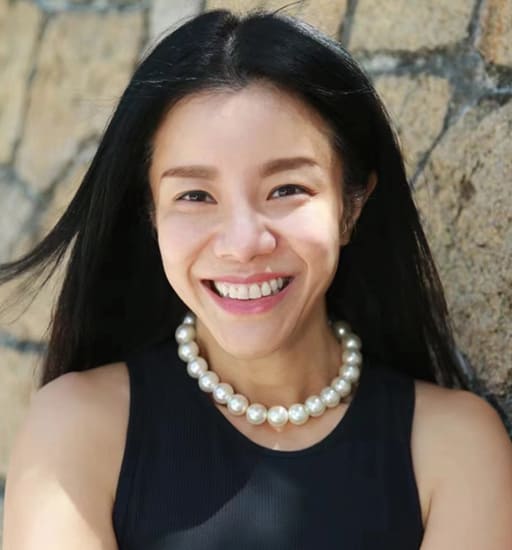

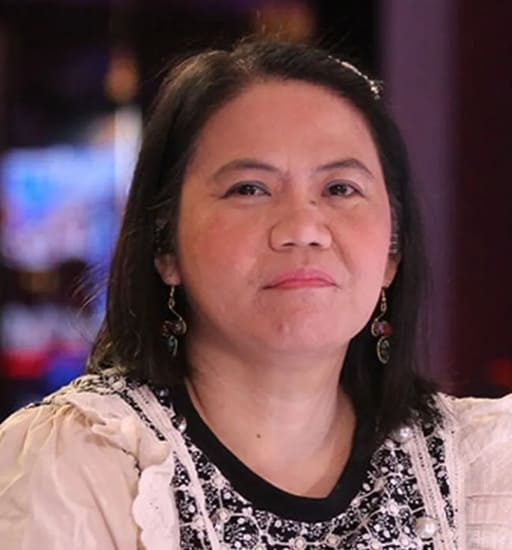


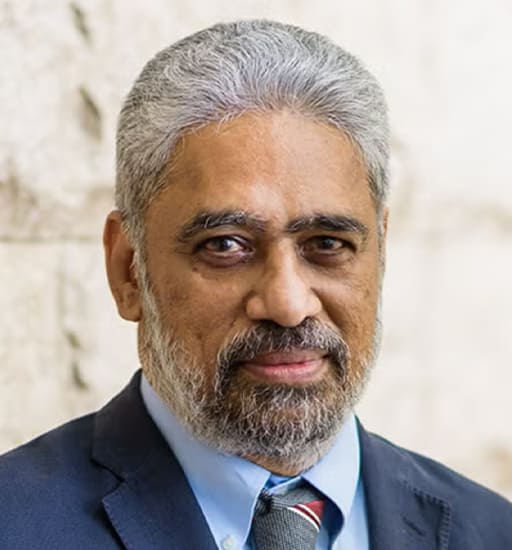
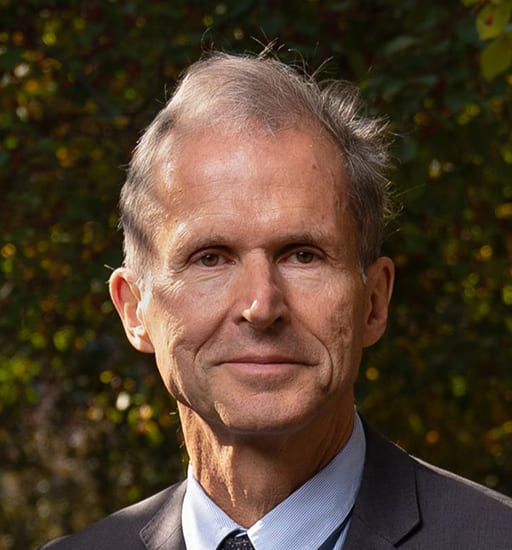








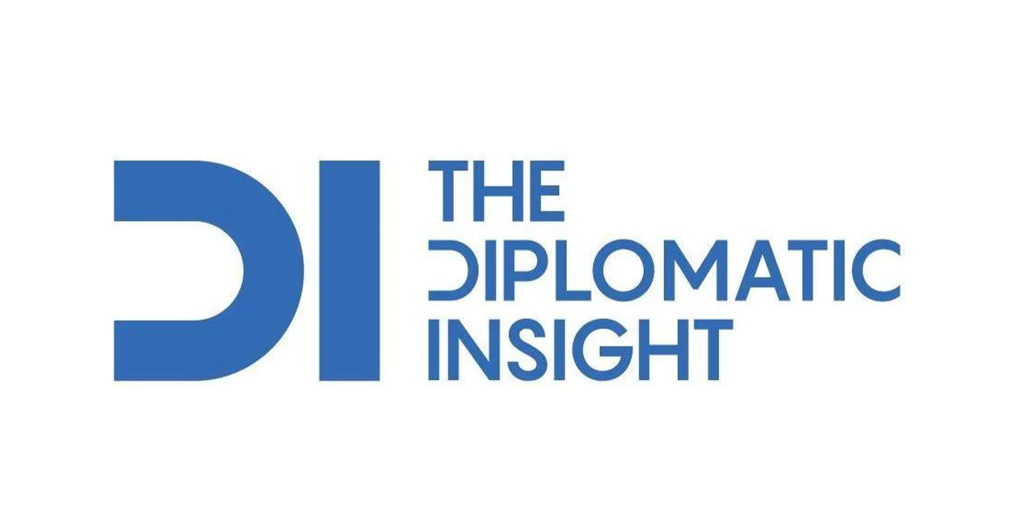

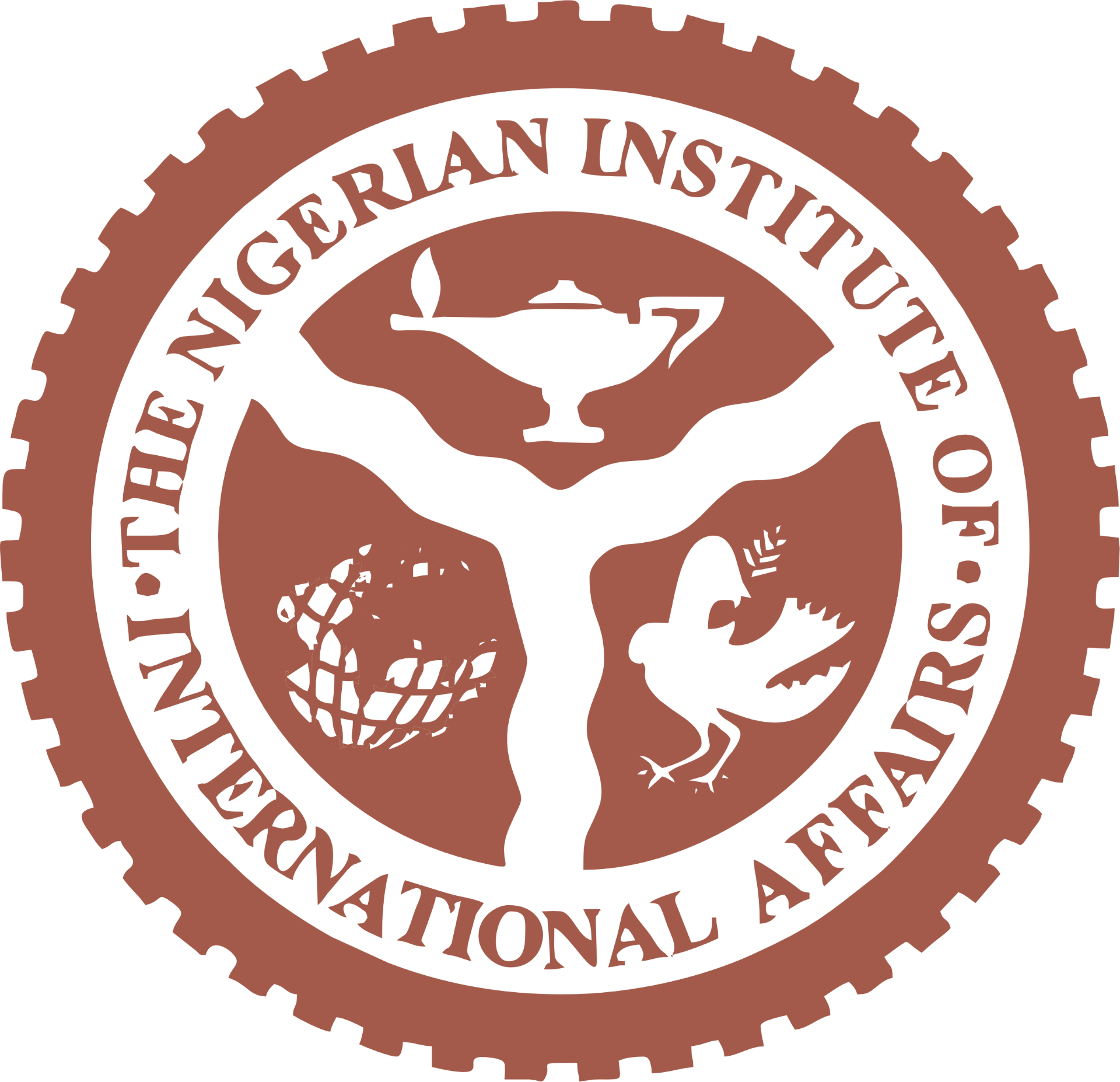
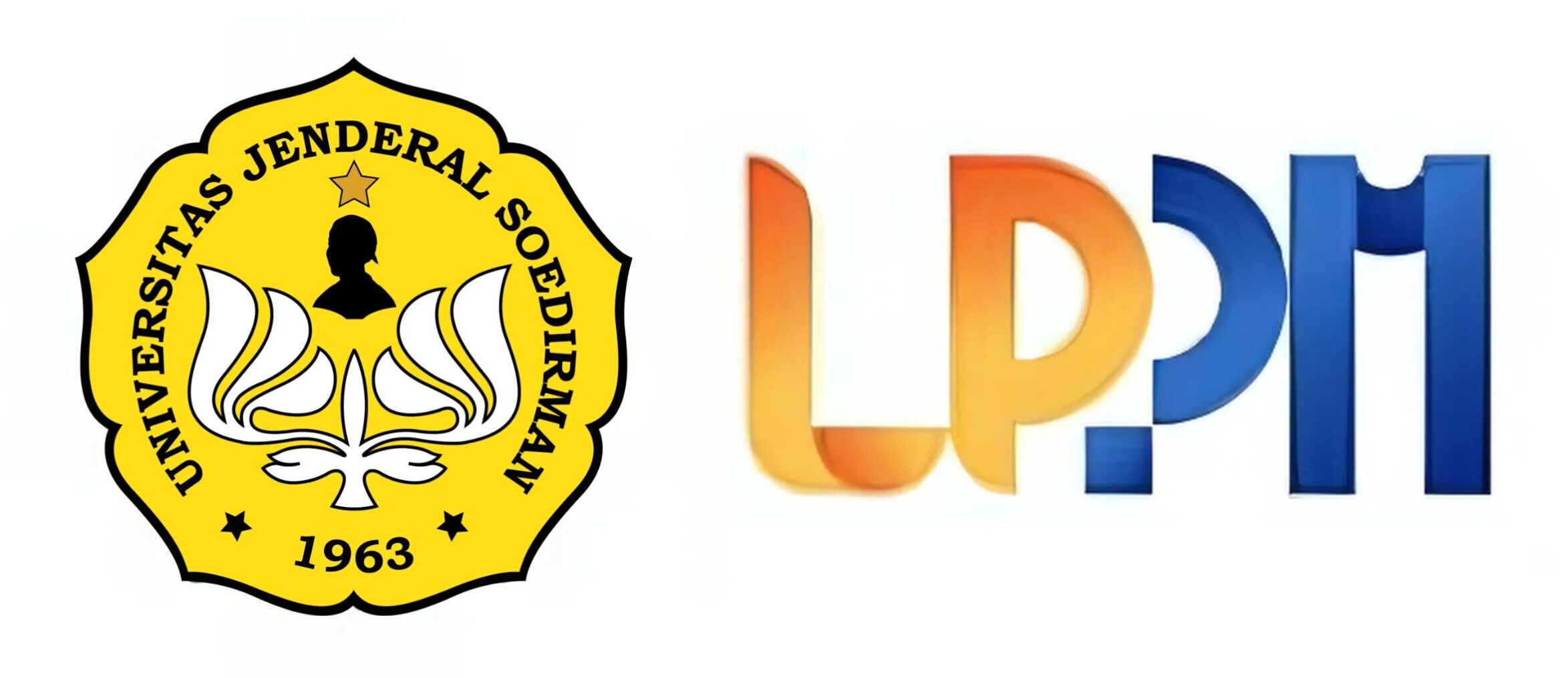
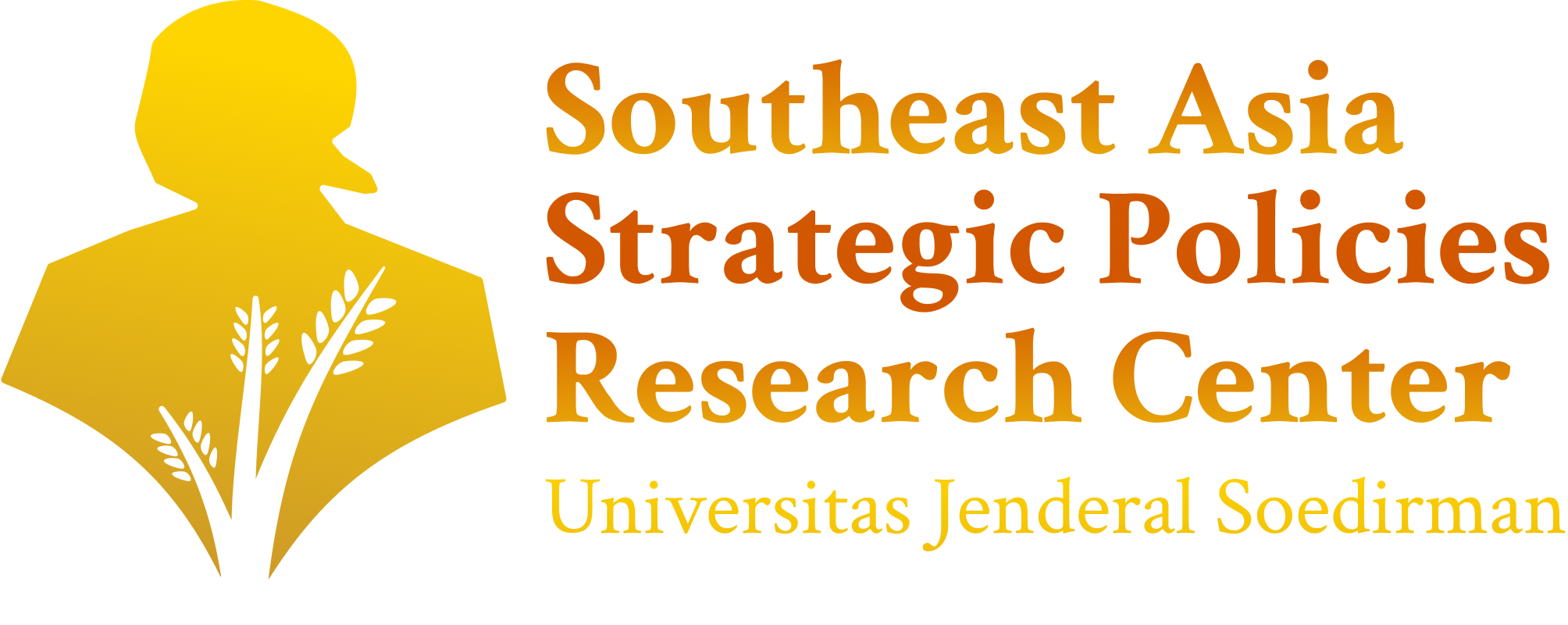
![[NEW] The Geostrata Long Blue Logo](https://global-inst.com/wp-content/uploads/2025/08/NEW-The-Geostrata-Long-Blue-Logo.png)
